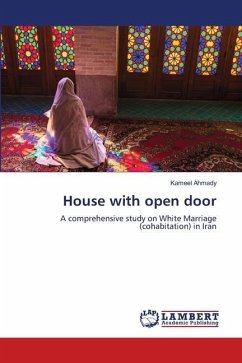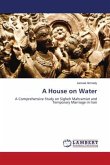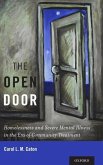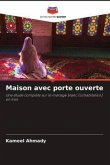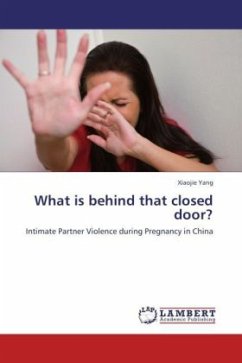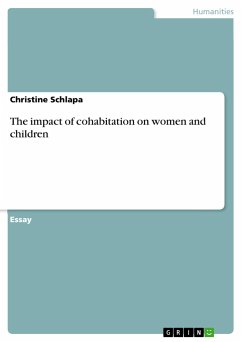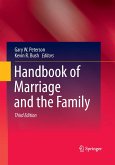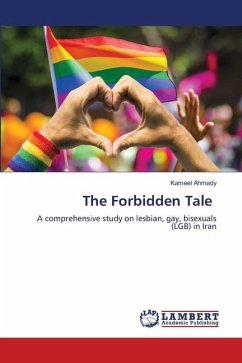Men/women relationships in Iran are defined according to religious and customary norms and any relationship between a couple except in form of permanent/temporary marriage is considered a crime and illicit. Changes that recently occurred in Iranian society due to difficult economic conditions like inflation and unemployment in one hand and modernity and value-normative changes, on the other, have caused young people to select cohabitation without marriage (or 'white marriage') as a reasonable solution to fulfill their personal and social needs without being committed or responsible like an official marriage. This phenomenon is more common among educated and academic young people who have migrated to capital cities for employment and educational purposes. Due to the religious and cultural sensitivity of this issue, authorities have not studied this social phenomenon precisely. After studying the social and legal principles of 'white marriage', the present study scrutinized its effective factors and outcomes for the first time.

